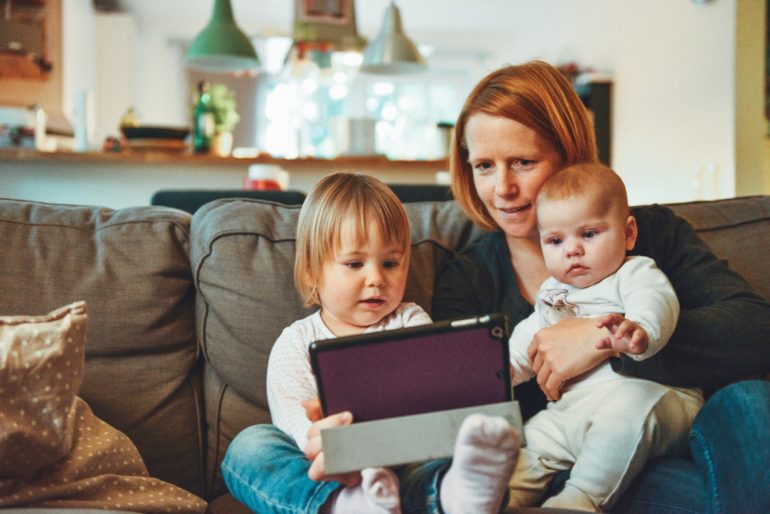10 KEY TRAITS
1. Perseverance
“Mom, can I have a cookie?” “Yes. After supper,” you reply. “Pleeeeeez”, your child begs, “I’m so hungry. I promise I’ll eat everything on my plate.” Frustrating, but a sign that your child doesn’t give up easily. Children who exhibit this trait are very often described negatively as obstinate or unrelenting. Although more challenging to parent, these children often grow up to show great perseverance. Work with your strong-willed child by being patient, and not giving up by giving in, to model perseverance for them. As a way of pointing out the positive, a parent may say, “You’re being very persistent and while I appreciate your not wanting to give up, at times like this I will make the final decision.”
2. Fairness
Every parent has heard “it’s not fair”. Fairness isn’t about equal division; it’s recognising need and acting accordingly. Peacekeeping by giving each child identical items may perpetuate the belief that if one gets, the other should too. It’s better for children to realise that it’s fair for people to get what they need at the time.
3. Courage
Courage doesn’t mean not being afraid, rather a willingness to act in the face of fear. Children can benefit from watching and learning how parents overcome their own fears. When children learn that confronting fears makes the fear smaller, they learn they can overcome most things. Each small step paves the way to increased self confidence.
4. Honesty
Parents place a lot of emphasis on honesty, but often model the opposite. When “I’ll be there in a minute,” turns into 10, we’re not modeling honesty; nor is lying about age to pay lower admission fees, or about why we can’t attend an event. Children see and hear more than we give them credit for. Greater awareness of words and actions, even when children are not around, helps mould honest children.
Although more challenging to parent, these children often grow up to show great perseverance.
5. Integrity
When parents stand by their convictions, children learn to do the same. Standing up for beliefs is especially challenging for a child; a child defending a friend in front of peers, for example, is acting with integrity. This has intrinsic rewards; being true to oneself and others builds pride in not giving in to external pressure.
6. Optimism
Although sometimes difficult to see the silver lining in a dark cloud, looking for the positives goes a long way towards moving forward. When children see and hear you making positive predictions about your future, they’re inclined to do the same.
7. Respect
The idea that children respect their parents ‘just because’ is gone. Respect gained through intimidation isn’t genuine respect. It isn’t the healthiest way to build a strong long-term relationship between parent and child, nor does it encourage children to stand up for themselves in a respectful manner. A better option is for a parent to create an environment where mutual respect is encouraged. It begins when a parent treats their child as a social equal and uses language that communicates that belief. When children are treated respectfully, they’ll model it.
8. Responsibility
There’s more to responsibility than making one’s bed and keeping a tidy room. Parents model responsibility without trying: getting up on time after a late night; getting children to school on time and maintaining routine at home are examples. Use opportunities to model responsibility in the community and globally: recycle and avoid littering to maintain a healthier environment.
9. Initiative
Easier for some than for others, taking initiative increases self confidence and self esteem. Welcoming a new neighbour and volunteering for a community or school project are examples of taking initiative. It requires self confidence – the ability to take the lead. Children see these things and will model your behaviour.
10. Empathy
Vital to building character, it demonstrates an ability to connect with others and to acknowledge what it must feel like to walk in their shoes. Showing children empathy during their times of frustration, anger and pain allows them to feel validated. They’ll want to do the same for others.
Don’t expect you’ll do everything right all the time, but being conscious and more intentional about what you’re modeling means you’re on the right track.
